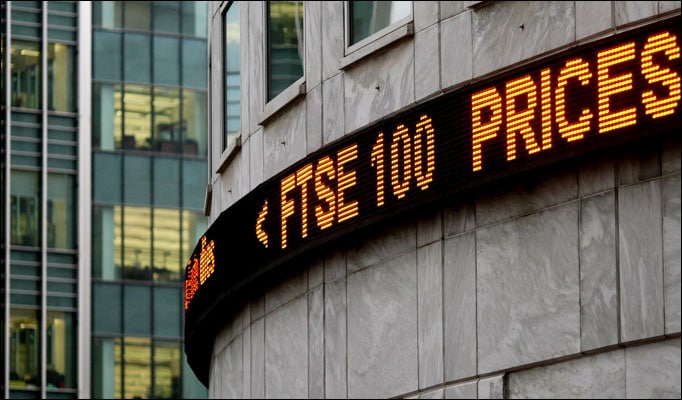Britain’s FTSE 100 is not the only stock market index going through the roof.
The FTSE may have closed on a record high for 10 trading days in a row – reaching the lofty peak of 7,290.49 at close on January 11.
Since the start of 2016, the index has surged by 15% despite the Brexit effect, which seems to have invigorated rather than marred performance in the City.
While the pound has plunged against just about every other currency of any significance, the FTSE has soared in the other direction mainly because most of Britain’s biggest companies derive their incomes from overseas.
The falling pound and favourable exchange rates mean they are making more money on the same sales, which translates into higher profits, better dividends and a spark igniting share prices.
What goes up…
Elsewhere, the Dow Jones Index in Wall Street, New York, has enjoyed a similar revival to the FTSE.
The market is just shy of bursting through the 20,000-point glass ceiling for the first time after a spectacular 2016.
The world’s other key economy, China, is not doing so well.
The markets collapsed with losses of up to 30% on some indices during the year, but recovered somewhat to post double-digit losses for 2016.
The markets in Italy are in a similar shambles with investors fearing the worst after the government suffered a referendum defeat and worries about bank stability.
Value hard to find
Despite the FTSE riding high on the longest streak of closing records in the history of the market, some pessimistic analysts are warning that what goes up must come down sooner or later.
Writing in the Financial Times, Miles Johnson warns that value may be hard to find on the FTSE and suggests share prices reflect the differential between the dollar and the pound more than sound investment principles.
“As such buying the FTSE 100 index today is the opposite of value investment,2 he says.
“Its success or failure has little to do with assessing the true value of its member companies and is more a punt on the US dollar, or copper and oil. For those who wish to speculate on these markets there are far cleaner ways to do so than by using a stock index.”
